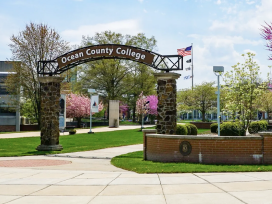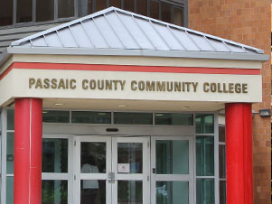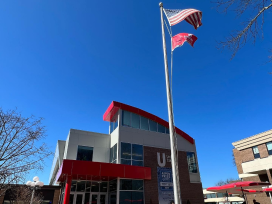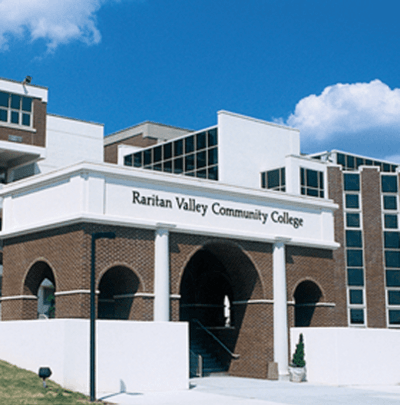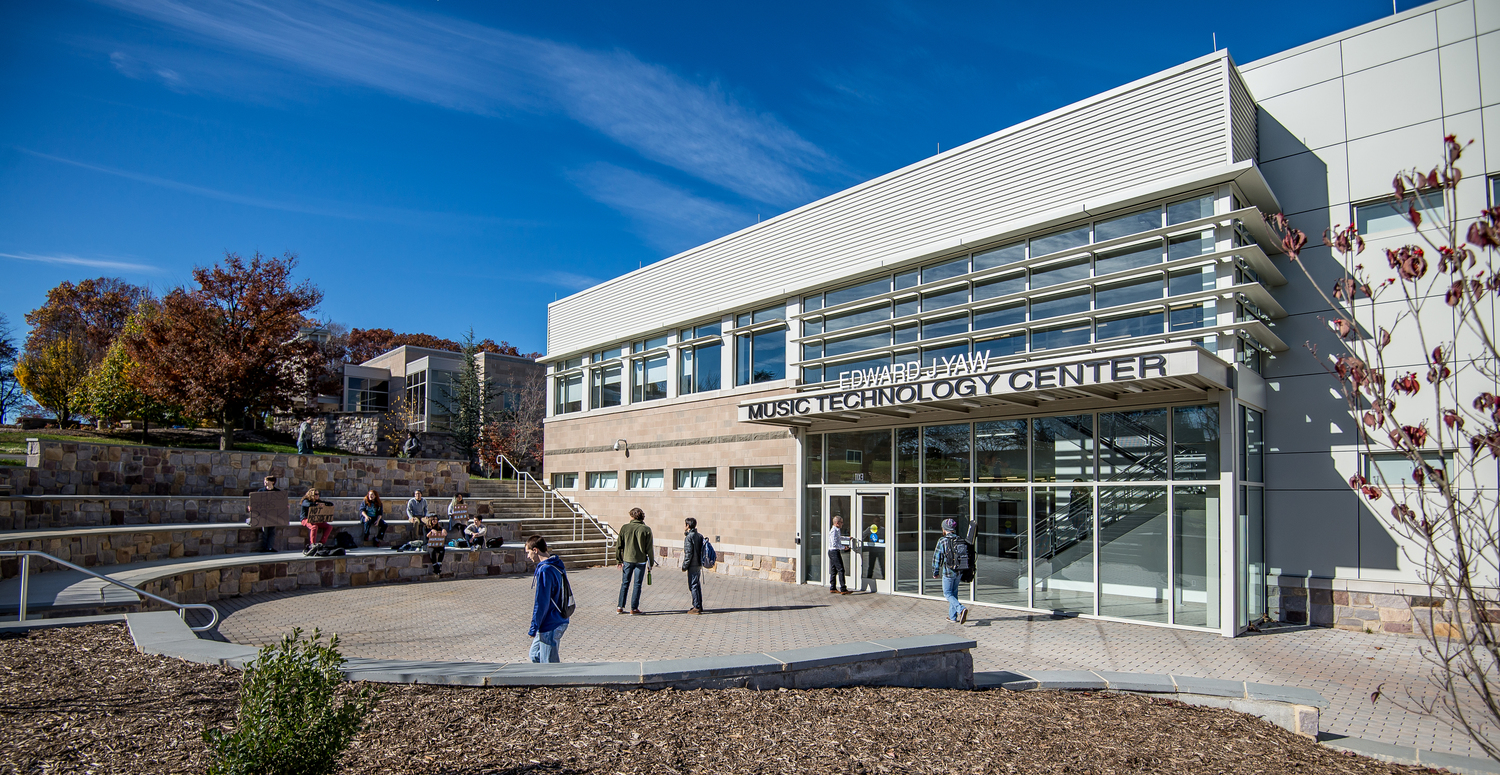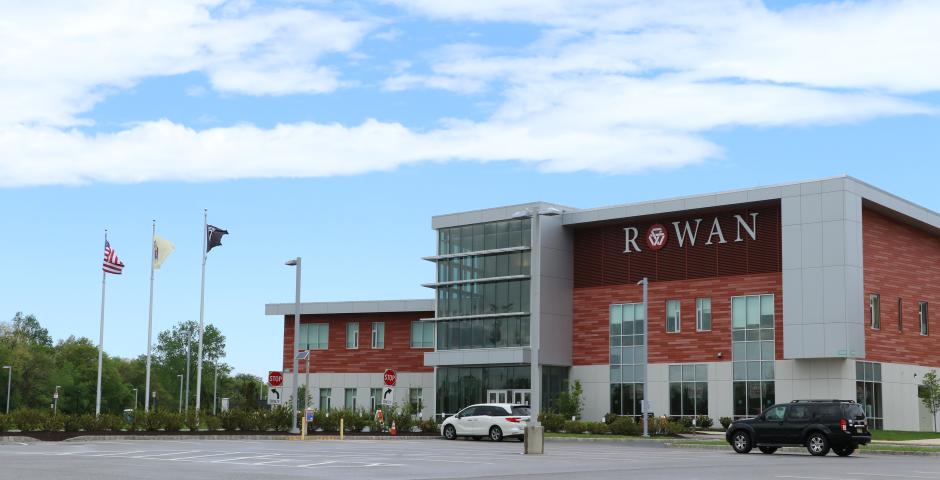Governor Murphy Signs Legislation to Ensure Funding for Basic Skills Training Program
November 9, 2021, Trenton, New Jersey – Governor Phil Murphy signed legislation yesterday that commits $3 million from the Supplemental Workforce Fund for Basic Skills to the New Jersey Community College Consortium for Workforce and Economic Development to fund its Workplace Literacy and Basic Skills Training Program delivered by New Jersey’s 18 Community Colleges.
“Investing in our workforce is critical… especially post-pandemic to help regain a strong economy. Community Colleges provide quality education statewide. These funds ensure a stable and significant investment each year in the Workplace Literacy and Basic Skills Training Program so that New Jersey businesses will have a well-trained and skilled workforce for future economic growth and prosperity,” said Dr. Aaron Fichtner, President of New Jersey Council of County Colleges (NJCCC), which oversees the Consortium.
The program, an innovative statewide partnership between New Jersey’s 18 Community Colleges and the New Jersey Business and Industry Association (NJBIA), was started in 2007. Since that time, more than 11,000 employers have sent more than 188,000 employees to be trained at New Jersey’s Community Colleges.
“New Jersey’s Community Colleges remain committed to working with NJBIA, the Department of Labor and Workforce Development, and other state agencies to ensure that this program is aligned with the state’s efforts to assist individuals to obtain basic skills and to assist businesses to upgrade the skills of their employees,” added Dr. Fichtner.
The signing of this legislation comes after a group of 26 businesses and organizations, including NJCCC, sent Governor Murphy a letter urging him to sign the legislation that passed unanimously in both houses in June. Bill A-3027, sponsored by Sens. Sandra Cunningham (D-31) and Troy Singleton (D-7) and Assembly members Pamela Lampitt (D-6), Mila Jasey (D-27) and Eric Houghtaling (D-11), earmarked the $3 million from the Supplemental Workforce Fund for Basic Skills to the Consortium.
The letter stated: “This program has been a critical investment in our companies, in our employees, and in our state. This program enables companies, such as ours, to work seamlessly and efficiently with the state’s Community Colleges to obtain essential training for our employees.”
“We are grateful to Governor Murphy, Sens. Cunningham and Singleton, and Assemblymembers Lampitt, Jasey, and Houghtaling for supporting New Jersey’s Community Colleges and the investment in our workforce,” said Dr. Fichtner.
The free training offered through the Workplace Literacy and Basic Skills Training Program includes:
-
Technology Training for Windows, MS Office 365, MS Word, Excel, PowerPoint, Outlook, Databases, PC Data Storage, and Cloud Computing.
-
Enhanced Business Skills Training available for Verbal, Written, and Customer Service Communications
-
Measurements/Mathematics, Professionalism, Problem Solving/Critical Thinking, Team Building, Time Management, Team Leadership, and Supervisory/Management Skills.
-
Language Training available for English as a Second Language (three levels) and Spanish for Managers, and Spanish in the Workplace (two levels).
Businesses can sign up easily… just go to www.nj.gov/state/bac/resources/workforce-development/ or contact the Community College closest to your business. No company financial information is required. Companies must be registered as a New Jersey business and be in compliance with New Jersey tax laws. Employees must also be paid for the time spent in training. Customized training is also available at a Community College or on location at a business (minimum 15 employees).
About the New Jersey Council of County Colleges
The New Jersey Council of County Colleges (NJCCC) was created in the 1960s to support and promote New Jersey’s 18 Community Colleges that now enroll more than 300,000 people each year in credit, non-credit, and workforce development courses at more than 70 campuses throughout the state. More than 200,000 students – more than half of all undergraduate students in public colleges and universities in the state – are enrolled at New Jersey’s community colleges. The Community Colleges also enroll nearly 100,000 students in non-credit programs and partner with thousands of businesses to meet their training and workforce needs.
The primary goal of New Jersey’s 18 Community Colleges is to meet the ever-changing educational needs of our great state’s residents. Today, through more than 1,700 degree and certificate programs, as well as non-credit courses and customized workforce training programs, New Jersey Community Colleges are helping more students than ever. No matter if they are seeking to transfer into a four-year college or university, complete a program and move directly into a career of choice, use professional development opportunities to advance within a field or move into another one, pursue a personal interest via the classroom or enjoy public art, music, theater, lecture, cultural, and sports offerings, New Jersey’s Community Colleges are here to serve.
To learn more about NJCCC and New Jersey’s Community Colleges, go to njccc.org. Follow us on Facebook, Instagram, Twitter, LinkedIn, and YouTube to learn more about our latest programs and initiatives.

About NJCCC:
New Jersey’s 18 agile and innovative Community Colleges are prepared to lead in the response to and recovery from this public health and economic crisis and to secure a brighter future for all New Jerseyans. The New Jersey Council of County Colleges provides statewide leadership for the advancement of New Jersey Community Colleges, performs coordinating responsibilities as required by law, and coordinates statewide efforts to build a skilled workforce and improve student success. We encourage you to visit our website at www.njccc.org.









